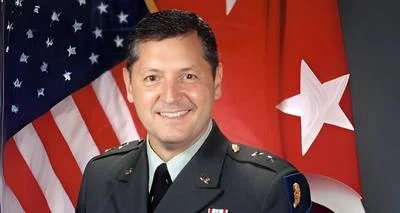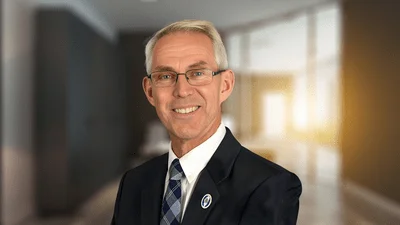Luke Dean Niforatos, chief of staff and senior policy adviser for Smart Approaches to Marijuana (SAM), fears that a provision in the new state law legalizing recreational marijuana use could send clean-air standards back into the last century.
“It essentially allows marijuana smoking in hotels, lounges, restaurant and bars,” Niforatos told the Prairie State Wire. “All those are places where we have a clean-air act. Why are you walking the clock back 100 years, when we allowed smoking on airplanes and all sorts of places? It’s like we're going backwards.”
Though smoking in most public places across the state has been outlawed for more than a decade now, the law slated to go into effect on Jan. 1 legalizing recreational marijuana use could change all that. The Sun-Times reports that the law provides an exemption to the Smoke-Free Illinois Act that first made cigarette smoking in public places taboo largely based on concerns about secondhand smoke.

Luke Niforatos, chief of staff & senior policy adviser for Smart Approaches to Marijuana
| https://learnaboutsam.org
The end result could be smoking in public places may again soon be commonplace, at least when it comes to marijuana. Under the new law, marijuana use could also be allowed at places where it is legally grown and sold such as cannabis cultivation centers and pot dispensaries.
“We’re really disappointed to see what this legislation did,” Niforatos said. “Obviously this bill had a lot of issues with it totally allowing a massive commercial industry to form around marijuana.”
Niforatos said he sees minority communities in particular being put at risk by the industry.
“It’s going to target minority communities as it’s done in every legal state by setting up shop in the lowest-income areas and targeting them with various addictive marijuana-like laced gummies and candies," he said. "I’m very upset about that, but what defines this is the fact that it comes with an exemption for the pot industry from the clean-air act.”
Still, Niforatos vows that the fight is far from over.
“We fought it very hard and it passed by a very small margin because the governor called in a lot of favors and twisted a lot of arms,” he said. “We’ve been working at the local level to help communities opt out and ban shops in their communities. Secondly, we're looking for legal options, not the least of them the violation of the clean-air act.”
.jpg)





 Alerts Sign-up
Alerts Sign-up